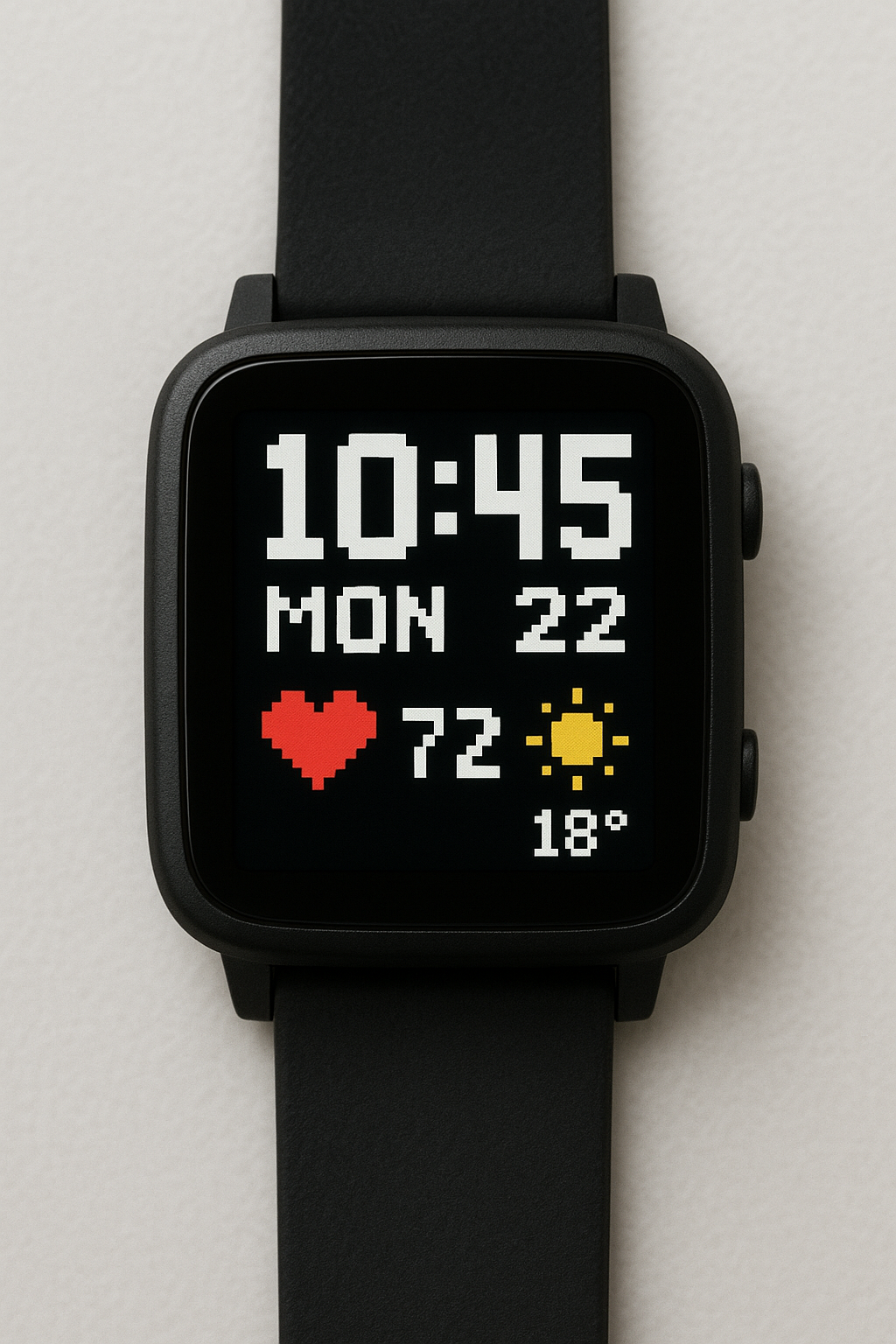Conversational artificial intelligence (AI) is transforming how consumers shop and interact with brands. As voice-driven and chat-based shopping tools spread across technology and retail industries, the patents behind this innovation are drawing major attention.
Inventor Stephen Byrd, founder of Voicee LLC, has emerged as a key figure in this movement. His portfolio of foundational patents in conversational AI commerce is being recognized as a cornerstone of the growing market.
Voicee patents validated internationally
The World Intellectual Property Organization (WIPO) has issued a written opinion confirming the novelty and inventiveness of ten core claims in Byrd’s patent family. The validation strengthens Voicee’s intellectual property position across multiple jurisdictions.
According to the company, these patents cover the entire AI commerce pipeline—from identifying products inside content to generating voice-based or chat-based purchase offers. The portfolio is being described as a “defensive patent thicket” designed to protect the future of conversational transactions.
Retail and tech giants embrace conversational shopping
Voicee’s announcement coincides with a surge in AI-powered retail experiences. Walmart’s partnership with OpenAI to build a generative-AI shopping assistant highlights how voice and chat interfaces are reshaping digital retail.
Industry observers say this boom in AI commerce validates Byrd’s early vision. “Stephen Byrd’s inventions anticipated how conversational systems would merge shopping and interaction,” said Voicee in its statement. The company claims its patent-pending technologies align closely with new retail tools now entering the market.
Patent auction begins amid rising demand
Voicee has launched a patent auction for exclusive sector-specific licenses. Interested companies can bid for rights to use the patented technologies within their industries.
The auction closes on December 2, 2025, and covers key areas such as retail, e-commerce, and digital marketing. Voicee says the goal is to create strategic partnerships while ensuring fair access to its protected technologies.
Global implications for AI and retail
The rise of conversational AI commerce is reshaping digital ecosystems. Tech giants, retailers, and startups are investing heavily in voice-driven assistants and chat-based sales systems.
Industry experts note that Byrd’s patents could become central to future licensing discussions, especially as conversational commerce becomes a standard part of consumer engagement.
While the full commercial impact remains to be seen, the validation of Voicee’s patents marks a significant milestone in AI-powered retail technology. The ongoing auction signals how intellectual property will play a decisive role in the next phase of AI innovation.


